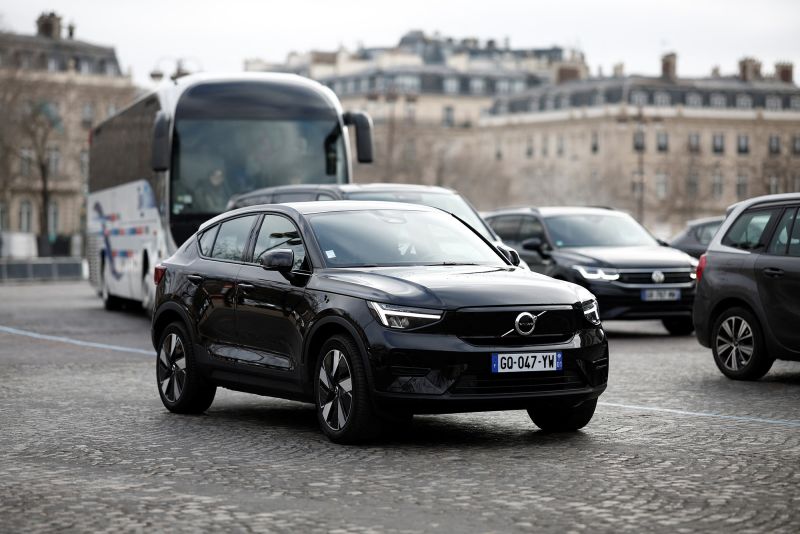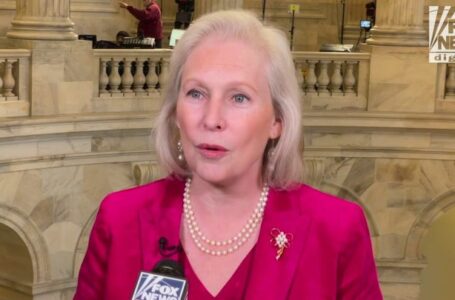Trump on verge of next Cabinet victory with late-night Tulsi Gabbard Senate vote
SUV, non merci! Paris votes to triple parking charges for hefty cars


Parisians voted in favor of tripling the parking costs for SUVs on Sunday, following a proposal by the Paris mayor’s office, as the city aims to cut air pollution and tackle the climate crisis.
Citizens were asked to decide whether there should be a specific parking rate for “heavy” and “polluting” vehicles. The proposal was supported by 54.55% of voters, although turnout was low. Of the more than 1 million residents eligible to vote, just over 78,000 took part.
Under the proposal — predominantly aimed at those who drive their cars into the city from outside — combustion or hybrid vehicles weighing 1.6 metric tons or more, and electric cars weighing 2 tons or more, will be charged €18 ($19) per hour in central Paris versus €6 ($6.40) for other cars.
In a press release, the Paris municipality said the average size and weight of vehicles in the city had expanded “due to the exponential development of SUVs,” which it said now represent 40% of vehicle sales. The municipality also singled out the “numerous” issues that SUVs create for the environment, safety and the equitable sharing of public space.
SUV sales globally are booming. They made up nearly half the cars sold in 2022, according to data from the International Energy Agency (IEA), with particularly strong growth in the US, India and Europe.
This increase in big vehicles comes at a climate cost: Not only do they take more resources to manufacture but they use more fuel.
The amount of planet-heating carbon pollution produced by the 330 million SUVs on the world’s roads rose to around 1 billion tons in 2022. If SUVs were a country, they would easily be in the world’s top 10 highest carbon-polluters.
While sales of electric vehicles have been growing over the past few years, they are not happening fast enough to offset the increased fossil fuel consumption and planet-heating pollution produced by non-electric cars, according to the IEA.
The results of the Paris vote are expected to be verified on Monday by the electoral commission. The measure would take effect on September 1, if also approved by local authorities.
Paris Mayor Anne Hidalgo thanked those who cast their vote on Sunday, stressing that it was a question about ecology, road safety and public health. “Here in Paris we ensure that generations can live in a healthy environment,” she said.
For years, Hidalgo has implemented policies aimed at reducing traffic and making the city more pedestrian-friendly, including banning cars from the banks of the River Seine and expanding cycle lines through the city.
Last year, Parisian residents voted in favor of banning rental electric scooters from the French capital over congestion concerns and safety fears, in a referendum also organized by the Paris mayor’s office.
Some car associations have come out strongly against the SUV proposal, however, including the group 40 Millions d’Automobilistes (40 Million Motorists).
“We must firmly oppose these obstructions to freedom carried out under false pretexts, which here are based on a single ridiculous factor: the shape of a vehicle,” the group posted on X.
Green policies are becoming increasingly controversial across Europe, as climate change becomes a flashpoint in the region’s culture wars.











